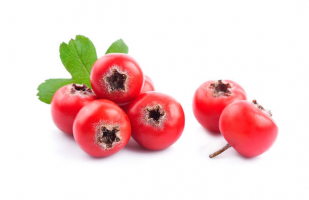Top 6 Health Benefits of Maqui Berry
Maqui berry is a rare, dark-purple fruit native to South America. It is mostly gathered by Chile's indigenous Mapuche Indians, who have utilized the leaves, ... read more...stems, and berries medicinally for thousands of years. Because of its high antioxidant content and possible health advantages, such as decreased inflammation, blood sugar management, and heart health, maqui berry is now advertised as a "superfruit". Here are the best benefits uses of maqui berry.
-
Free radicals are unstable chemicals that, over time, can cause cell damage, inflammation, and illness. Consuming antioxidant-rich foods, such as maqui berry, is one method to avoid these effects. Antioxidants operate by stabilizing free radicals, therefore preventing cell damage and its consequences. Antioxidant-rich foods may lower your risk of chronic illnesses such as heart disease, cancer, diabetes, and arthritis, according to research.
Maqui berries are said to have up to three times the antioxidant content of blackberries, blueberries, strawberries, and raspberries. They are particularly high in anthocyanins, a kind of antioxidant. Anthocyanins are responsible for the fruit's deep purple hue and may be responsible for many of its alleged health advantages. People who took 162 mg of a maqui berry extract three times daily for four weeks had considerably lower blood levels of free radical damage than the control group.

Loaded With Antioxidants 
Loaded With Antioxidants -
According to research, maqui berries have the potential to treat inflammatory illnesses such as heart disease, arthritis, type 2 diabetes, and some lung ailments. Compounds in maqui berry have shown substantial anti-inflammatory properties in various test-tube tests.
Similarly, in vitro experiments using the concentrated maqui berry supplement, Delphinol indicate that maqui may decrease inflammation in blood arteries, making it a potential ally in the prevention of heart disease. Furthermore, in two-week clinical research, smokers who took 2 grams of maqui berry extract twice daily had substantial reductions in lung inflammation measurements.
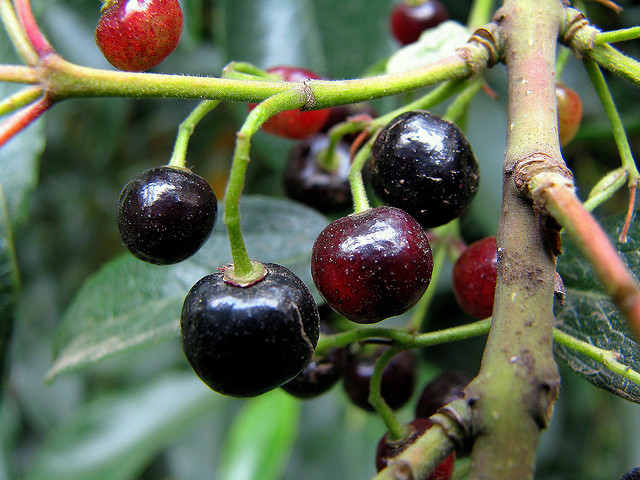
May Help Fight Inflammation 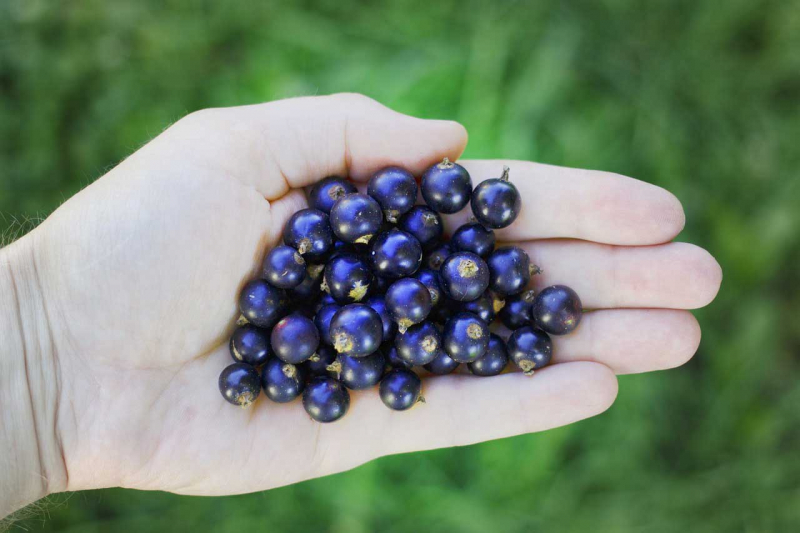
May Help Fight Inflammation -
Maqui berry is high in anthocyanins, which are powerful antioxidants related to a healthy heart. The Nurses Health Study, which included 93,600 young and middle-aged women, discovered that diets high in anthocyanins were related to a 32% lower incidence of heart attacks than diets poor in these antioxidants.
In another major research, anthocyanin-rich diets were linked to a 12% lower risk of high blood pressure. Though further study is needed, maqui berry extract may help reduce the risk of heart disease by reducing blood levels of "bad" LDL cholesterol. 180 mg of the concentrated maqui berry supplement Delphinol lowered blood LDL levels by an average of 12.5% in a three-month clinical investigation of 31 persons with prediabetes.
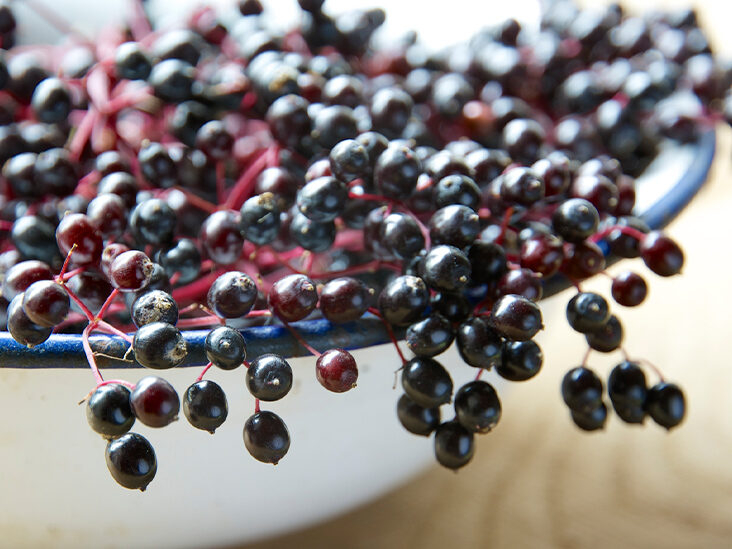
May Protect Against Heart Disease 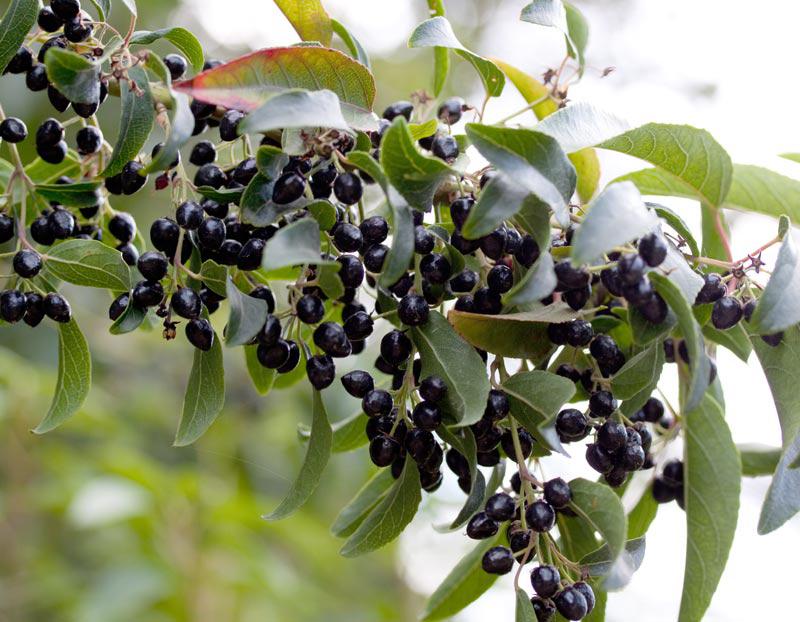
May Protect Against Heart Disease -
Maqui berry may naturally aid to regulate blood sugar levels. Test-tube research has shown that chemicals present in maqui berries can improve how your body breaks down and utilizes carbohydrates for energy. 180 mg of maqui berry extract once a day lowered average blood sugar levels by 5% in a three-month clinical investigation of patients with prediabetes. Although this 5% reduction may appear little, it was sufficient to return participants' blood sugar levels to normal.
While additional study is needed, these advantages might be attributed to maqui's high anthocyanin concentration. Diets rich in these substances were related to a considerably lower incidence of type 2 diabetes in large population research.
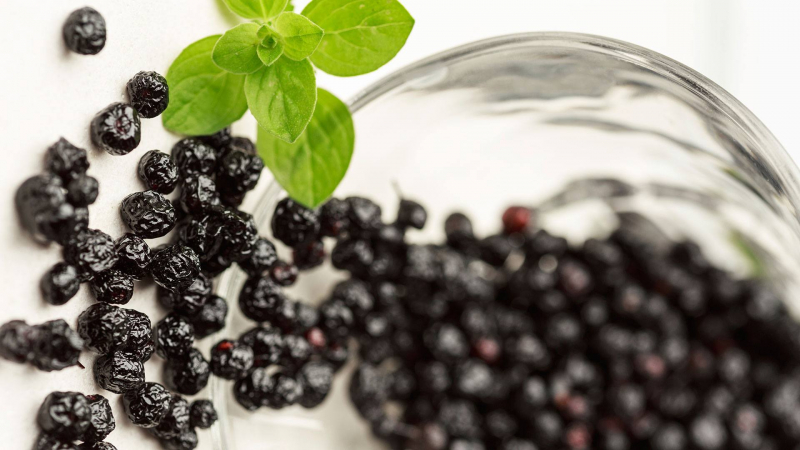
May Aid Blood Sugar Control 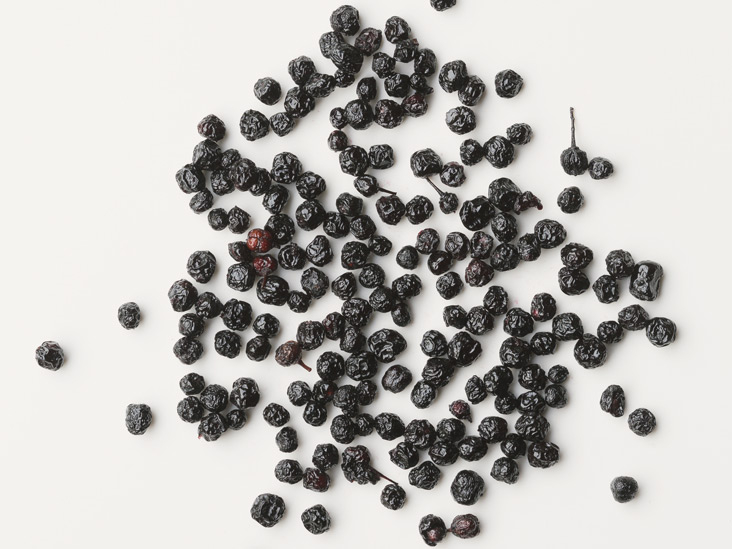
May Aid Blood Sugar Control -
Every day, your eyes are exposed to a variety of light sources, including the sun, fluorescent lights, computer monitors, phones, and televisions. Excessive light exposure might harm your eyes. Antioxidants, such as those present in maqui berries, help protect against light-induced damage.
A test-tube study discovered that maqui berry extract protected light-induced damage in eye cells, indicating that the fruit may be helpful for eye health. However, maqui berry preparations contain far more antioxidants than the fruit itself. More study is needed to discover whether consuming fruit has similar benefits.
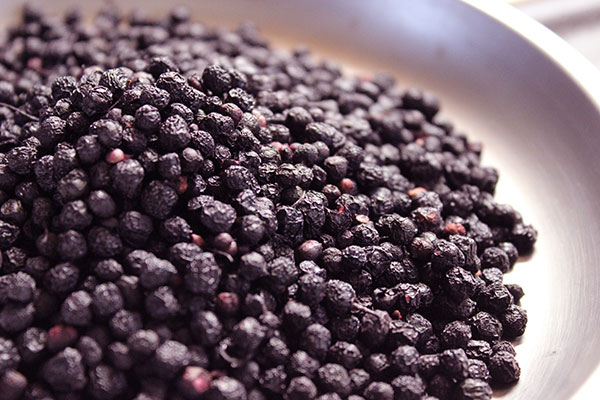
May Support Eye Health 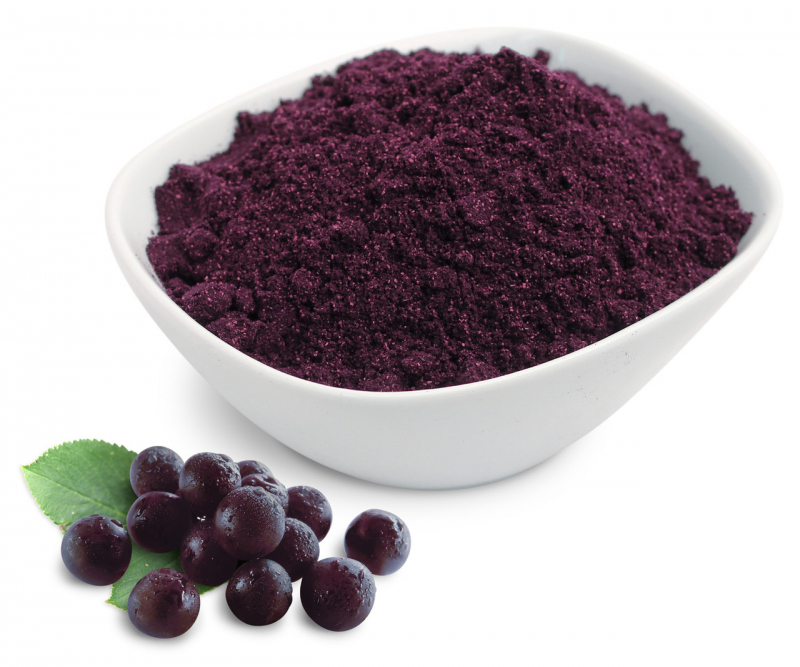
May Support Eye Health -
Your intestines are home to trillions of bacteria, viruses, and fungus, which are referred to together as your gut microbiome. Though that may seem frightening, diversified gut flora can have a favorable impact on your immune system, brain, heart, and, of course, your stomach. However, problems might emerge when harmful bacteria outnumber good bacteria. Interestingly, research indicates that plant chemicals found in maqui and other berries may help alter your gut microbiota, boosting the number of healthy bacteria. Beneficial bacteria metabolize plant substances, which they then use to develop and reproduce.
The antioxidants present in maqui berry have been shown in animal and test-tube experiments to inhibit cancer cell replication, limit tumor development, and promote cancer cell death. Excessive exposure to the sun's UV radiation might cause premature aging of your skin. In test-tube investigations, maqui berry extract reduced cell damage induced by UV radiation. A tiny 30-day trial of 13 persons with dry eyes discovered that taking 30-60 mg of a concentrated maqui berry extract every day boosted tear production by around 50%.
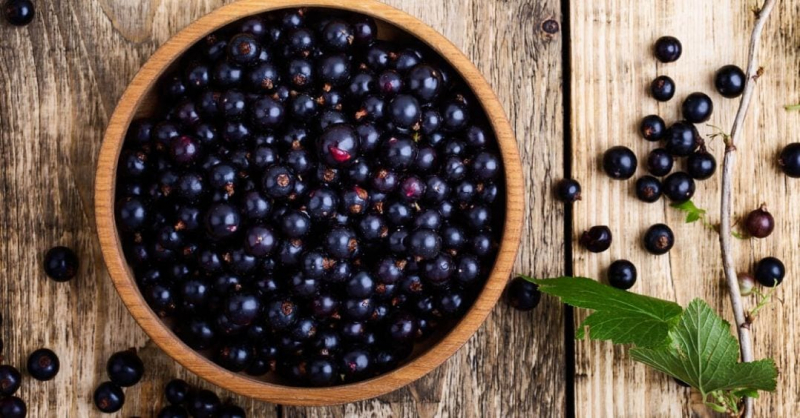
May Promote a Healthy Gut 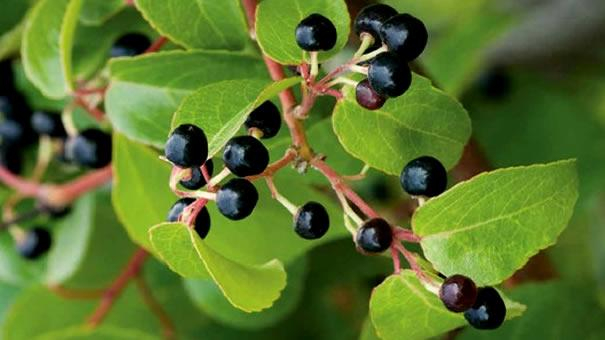
May Promote a Healthy Gut









